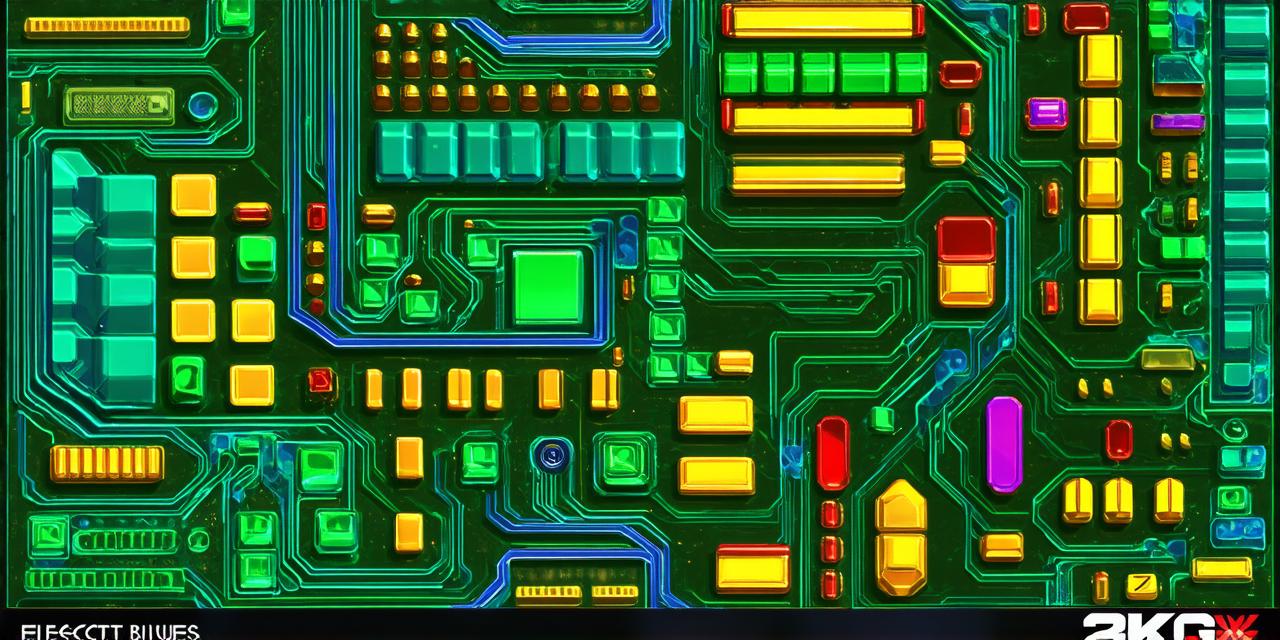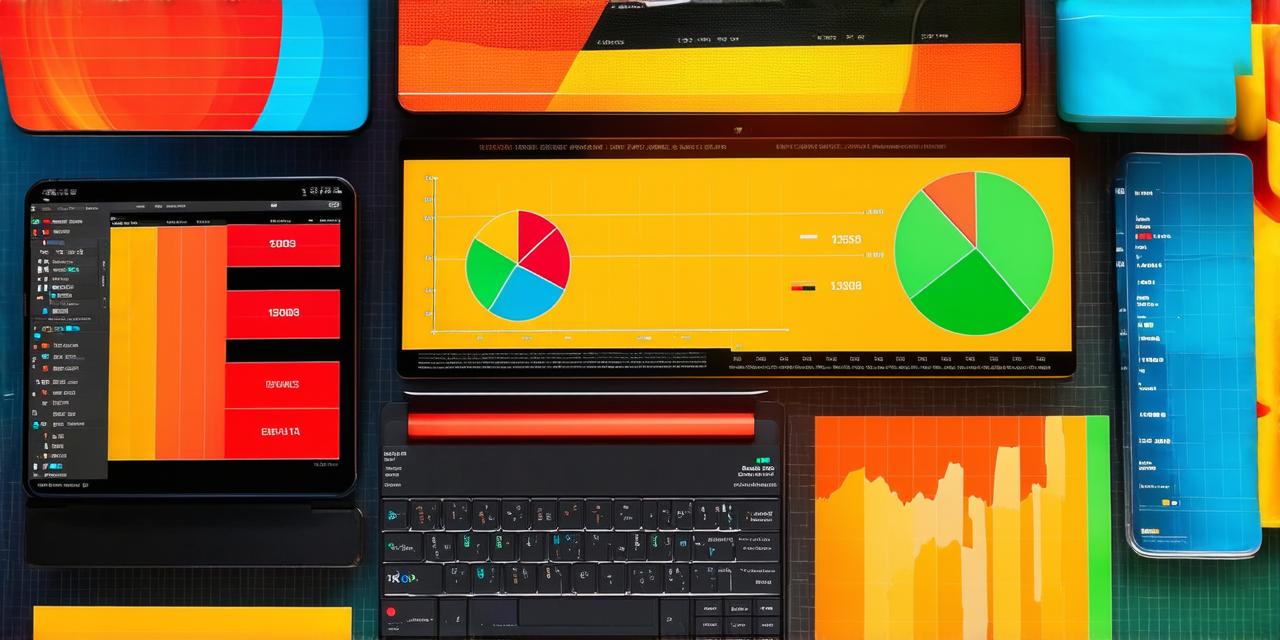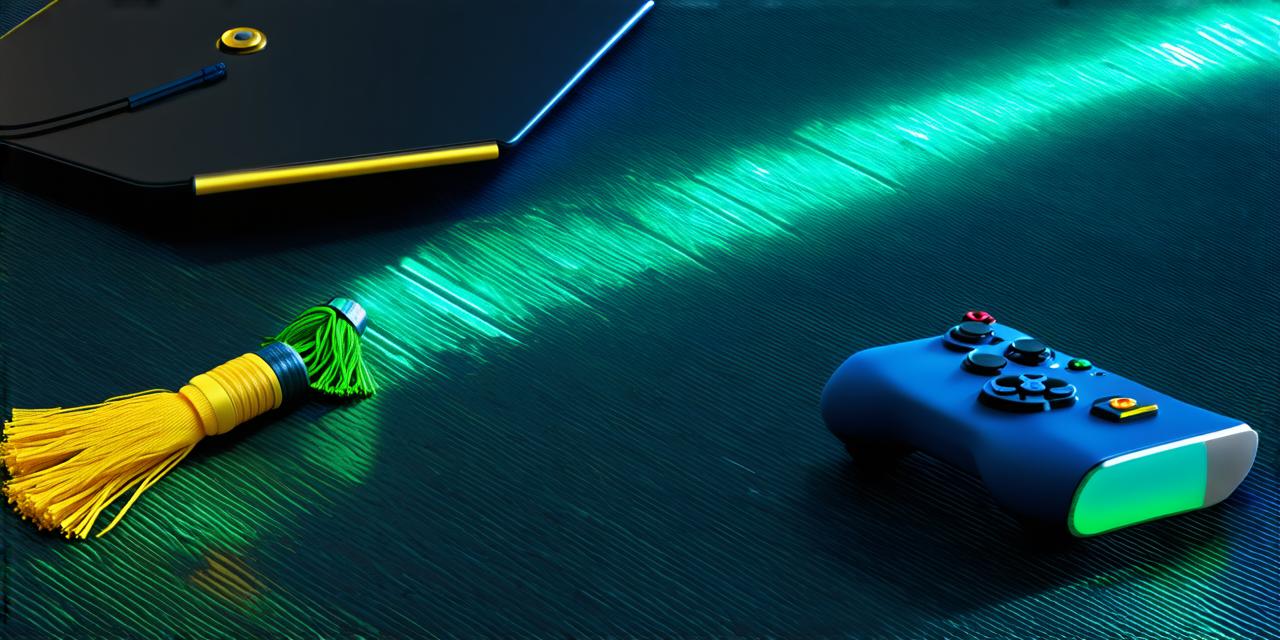Step 1: Define Your Game Concept
The first step in creating any game is to define your game concept. This involves brainstorming ideas for your game, deciding on a genre (e.g., adventure, puzzle, sports), and identifying your target audience. It’s important to have a clear idea of what you want your game to be before you start designing it, as this will help you stay focused and avoid getting bogged down in unnecessary details.
Step 2: Choose Your Game Engine
Once you have a game concept in mind, the next step is to choose your game engine. A game engine is a software platform that provides the tools and resources you need to create your game. There are many different game engines available, each with its own strengths and weaknesses. Some popular options include Unity, Unreal Engine, and GameMaker.
Step 3: Design Your Game World
Now that you have a game engine chosen, it’s time to start designing your game world. This involves creating the levels, environments, and characters that will make up your game. It’s important to pay attention to details such as lighting, textures, and sound effects, as these can greatly impact the overall feel of your game.
Step 4: Create Your Game Mechanics
The mechanics of your game are the rules and systems that govern how players interact with the game world. This includes things like movement controls, combat systems, and puzzles. It’s important to design your mechanics in a way that is intuitive for players and provides a good balance of challenge and fun.
Step 5: Write Your Game Code
Once you have designed your game world and mechanics, it’s time to start writing the code that will bring everything to life. This involves using programming languages such as C or Python to create the logic and rules that govern player interaction with the game. It can be a daunting task for beginners, but there are many resources available online to help you learn.
Step 6: Test and Refine Your Game
Once you have written your code, it’s important to test your game thoroughly to ensure that everything is working as intended. This involves playing the game yourself and identifying any bugs or issues that need to be fixed. It’s also a good idea to get feedback from other players to help you refine your game mechanics and improve the overall player experience.
Step 7: Publish Your Game
The final step in creating your own game is to publish it for others to play. This can involve submitting your game to app stores or online marketplaces, or even hosting it on your own website. It’s important to market your game effectively to attract players and build a following.
Step 8: Additional Considerations
In addition to the above steps, there are several other aspects of game creation that you should consider. For example:
- Sound Design: A well-designed soundscape can greatly enhance the overall feel of your game. Consider hiring a professional sound designer or investing in high-quality sound effects to bring your game to life.
- User Interface (UI) Design: The UI of your game is what players will interact with on a daily basis, so it’s important to design it in a way that is easy to use and visually appealing.
- Accessibility: Consider making your game accessible to as many people as possible by including features such as closed captioning and adjustable difficulty levels.
- Monetization: If you plan on making money from your game, consider different monetization options such as in-app purchases or ads.
- Collaboration: Consider collaborating with other developers or artists to bring new ideas and perspectives to your project.
Conclusion
Creating a game can be a rewarding and challenging process, but with the right tools and techniques, anyone can get started. By defining your game concept, choosing the right game engine, designing your game world, creating your mechanics, writing your code, testing and refining your game, and finally publishing it, you can bring your own unique vision to life. So what are you waiting for? Start creating your own games today!
FAQs
Here are some frequently asked questions about game creation:
- What skills do I need to create a game?
- What software do I need to create a game?
- How long does it take to create a game?
- Can I make money from my game?
To create a game, you will need skills in programming, game design, and potentially other areas such as art or sound design. If you are new to game development, consider taking online courses or joining a community of like-minded individuals to learn more.
The software you need to create a game will depend on the type of game you are making and the platform you want to release it on. Some popular game engines include Unity, Unreal Engine, and GameMaker. Other tools you may need include text editors for coding and graphics software for creating art assets.

The time it takes to create a game can vary greatly depending on the complexity of the project and the experience level of the developer. Some simple games can be created in a few weeks or months, while larger, more complex projects can take years to complete.
Yes, it is possible to make money from your game through different monetization options such as in-app purchases, ads, or by selling the game outright. However, building a successful game business can be challenging and requires hard work and dedication.




